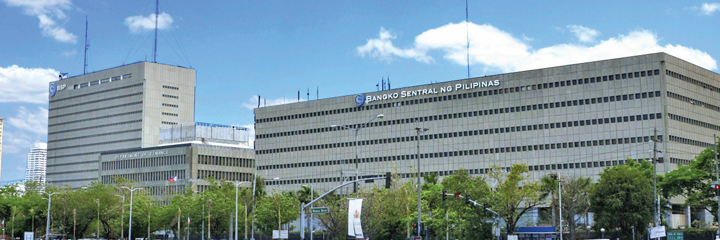THE Bangko Sentral ng Pilipinas (BSP) announced last Monday it has approved around $3.4 billion public sector foreign borrowings in the second quarter of the year, up 26 percent from the approvals it gave in the same quarter in 2021.
In a statement, the central bank said the approved foreign borrowings during the quarter consists of the following: one Japanese Yen-denominated bond issuance equivalent to about $513.41 million; three project loans aggregating to $2.16 billion; and, three program loans aggregating to $869.72 million.
While the quarter’s foreign borrowings in the second quarter was higher from last year, it is 26 percent lower than the loans approved in the first quarter of 2022, which amounted to $4.8 billion.
Under Section 20, Article VII of the 1987 Constitution of the Republic of the Philippines, prior approval of the BSP, through its monetary board (MB), is required for all foreign loans to be contracted or guaranteed by the Republic of the Philippines.
Similarly, Letter of Instructions 158 dated January 21, 1974, also requires all foreign borrowing proposals by the national government, government agencies and government financial institutions to be submitted for approval-in-principle by the MB before commencement of actual negotiations.
The quarter’s foreign borrowings are expected to fund the national government’s general financing requirements (of which $513.41 million is allocated), Covid-19 pandemic response and recovery such as vaccine procurement and continuing requirements in light of the pandemic (of which $869.72 million is allocated), bridge projects ($405.99 million) and a railway project ($1.75 billion).
“The BSP promotes the judicious use of the resources and ensures that external debt requirements are at manageable levels, to support external debt sustainability,” the central bank said in a statement.

















